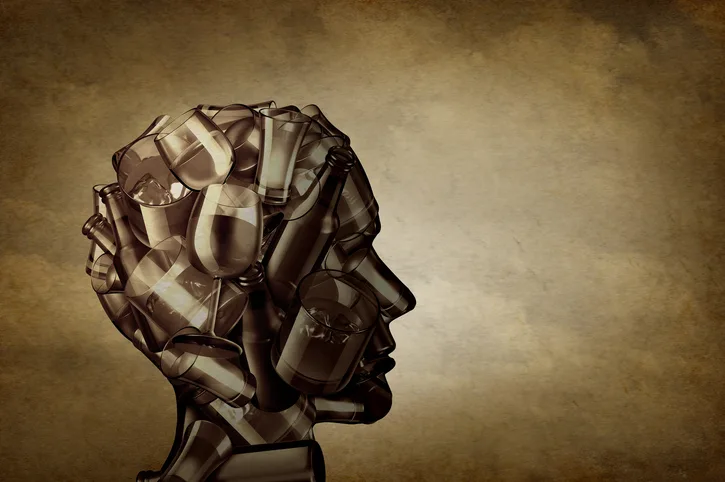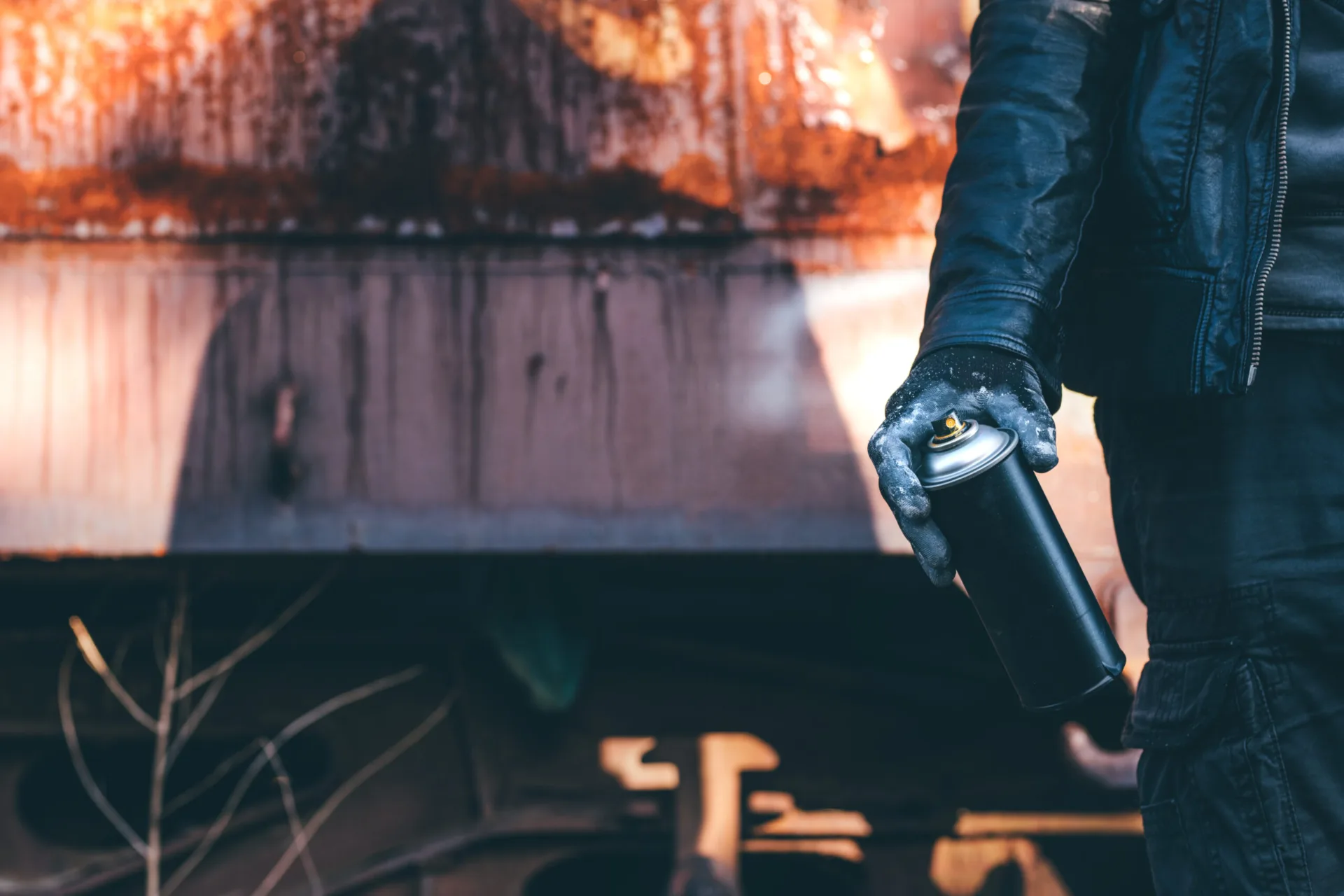
Does Alcohol Affect the Gallbladder?
Alcohol consumption can have widespread effects on the body, impacting various organ systems. But does alcohol affect the gallbladder in a significant way? While the liver is often the focus when discussing the dangers of alcohol, the gallbladder can also suffer, especially when alcohol is consumed excessively over a long period. Understanding this relationship is crucial for those who drink regularly and want to maintain their health.
Can Alcohol Cause Gallbladder Pain? The Connection Between Alcohol and Gallbladder Health
The gallbladder is a small organ that stores bile, a digestive fluid produced by the liver. Bile helps break down fats in the small intestine. When the gallbladder functions appropriately, it releases bile into the digestive tract in response to eating. However, issues with the gallbladder, such as inflammation or gallstones, can lead to significant pain and discomfort.
So, can alcohol cause gallbladder pain? While alcohol itself is not a direct cause of gallbladder pain, excessive drinking can contribute to conditions that lead to gallbladder issues. For instance, alcohol abuse can cause liver damage, which in turn can affect the production and flow of bile. Disruption in bile production can lead to the formation of gallstones, a common cause of gallbladder pain.
Moreover, heavy alcohol consumption can lead to pancreatitis, an inflammation of the pancreas, which is located near the gallbladder. Pancreatitis can cause severe abdominal pain that is sometimes mistaken for gallbladder pain. This pain often radiates to the back and can be accompanied by nausea, vomiting, and fever.
Alcohol and Gallbladder Stones: A Risk Factor?
Gallbladder stones, or gallstones, are hardened deposits of digestive fluid that can form in the gallbladder. They can range from as small as a grain of sand to as large as a golf ball. While several factors contribute to the formation of gallstones, including diet and genetics, there is a growing interest in understanding the relationship between alcohol and gallbladder stones.
Alcohol and gallbladder stones have an indirect connection. While moderate alcohol consumption has been shown to reduce the risk of gallstones in some studies, heavy drinking has the opposite effect. Excessive alcohol intake can lead to liver damage, which affects bile production and increases the likelihood of gallstone formation. When the liver is damaged, it can produce imbalanced bile, leading to the crystallization of cholesterol or bilirubin, which can then form gallstones.
Additionally, alcohol can contribute to dehydration, another risk factor for gallstones. Dehydration thickens the bile, making it more likely to form stones. People who drink heavily and do not maintain adequate hydration levels are at a higher risk of developing gallstones and experiencing gallbladder pain.
Is Alcohol Bad for Your Gallbladder? The Long-Term Effects
When considering the question, “Is alcohol bad for your gallbladder?” the answer depends mainly on the amount and frequency of alcohol consumption. While moderate drinking may not have a significant impact on the gallbladder, chronic alcohol abuse can lead to severe complications.
Long-term alcohol abuse can cause liver cirrhosis, a condition where scar tissue replaces healthy liver tissue. This scarring can disrupt bile flow, leading to the formation of gallstones and gallbladder inflammation, known as cholecystitis. Cholecystitis can cause severe pain, fever and digestive problems, often requiring surgical removal of the gallbladder.
Additionally, alcohol’s impact on the digestive system as a whole can indirectly affect the gallbladder. Chronic alcohol consumption can lead to gastritis (inflammation of the stomach lining) and pancreatitis, both of which can exacerbate gallbladder issues. The overall inflammatory state induced by alcohol abuse can also increase the risk of gallbladder disease.
Protecting Your Gallbladder Health
While alcohol may not directly cause gallbladder problems, its long-term effects on the liver, pancreas and overall digestive system can significantly impact gallbladder health. Excessive alcohol consumption can contribute to the formation of gallstones, increase the risk of gallbladder inflammation, and lead to painful symptoms that may require medical intervention. To protect your gallbladder and overall health, it’s essential to drink alcohol in moderation, stay hydrated and maintain a balanced diet. Recognizing the signs of gallbladder issues early and seeking medical advice can help prevent severe complications down the line.








